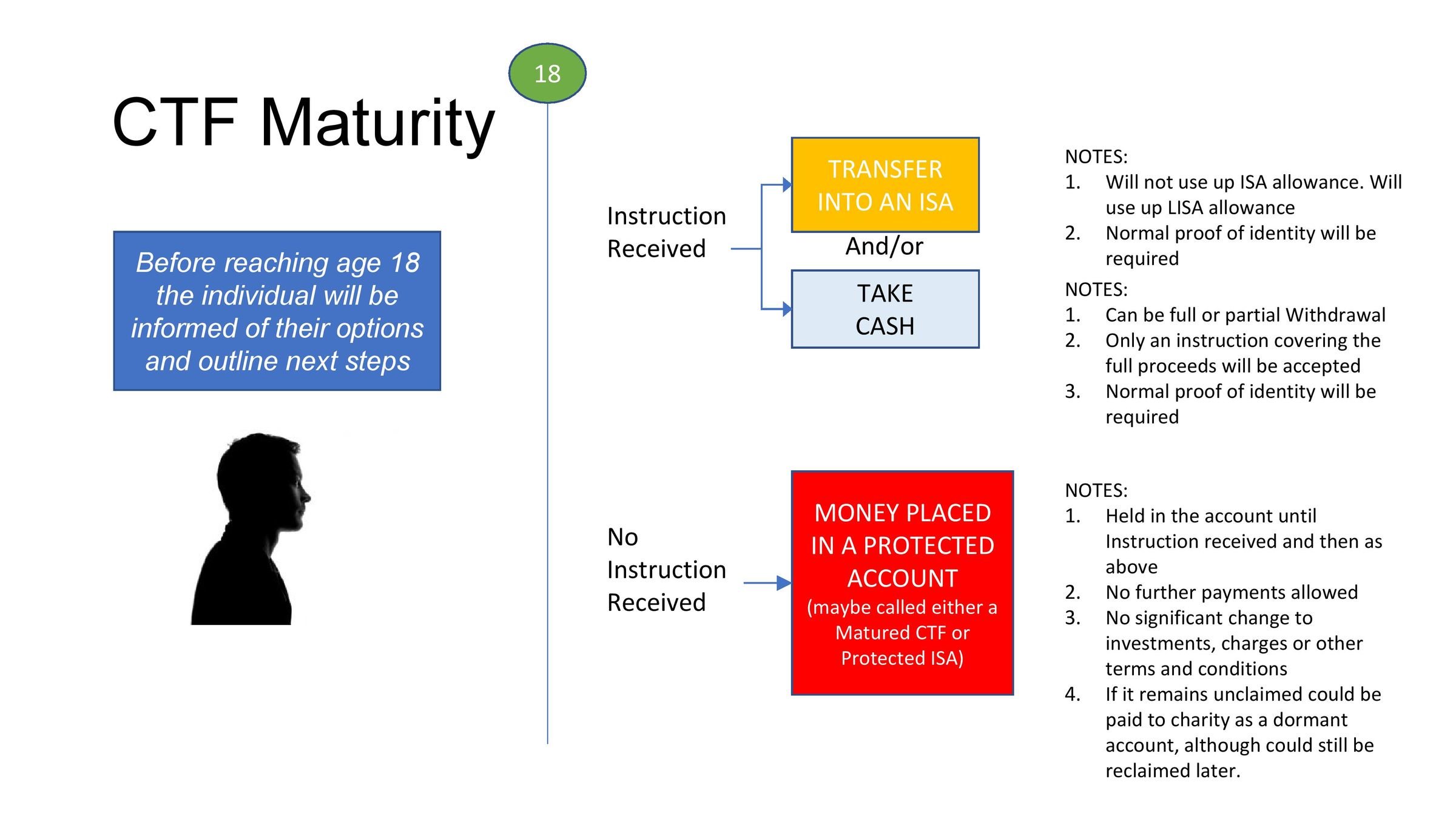Are you one of the two million young people who have a Child Trust Fund, but don't know anything about it?
If you were born in the UK between 1st September 2002 and 2nd January 2011, you will almost certainly have a Child Trust Fund. It's a pot of money put into an account for you personally, either via your parents/guardian or directly
What it's worth now depends on three things:
- How much the Government put in: this was typically between £250 and £1,000;
- Whether anyone else put money in, perhaps a member of your family;
- How much it's grown in value over the years.
The money is in an individual account for you with a Child Trust Fund provider. It's safe, but the account provider doesn't have your contact details.
Most of the accounts were invested in the stock market, and will have grown significantly in value. Some were held as cash deposits and, because interest rates have been so low, these will not have seen so much growth.
But the money is yours, and from your 16th birthday onwards you can control the account. If you wish, you can then withdraw the money at 18, or leave it to grow in value.
Once you've found it, you can take control of the account from your 16th birthday. To do this you'll need to contact your account provider and tell them. They'll probably ask for your contact details and, of course, your identification to check that they're talking to the right person.
If you've not reached your 16th birthday yet:
- Ask your parents/guardian;
- If they don't know where it is, ask them to visit tiny.cc/FindCTF and find it for you.
If you're aged 16 or 17:
- Ask your parents/guardian;
- If they don't know where it is, visit findCTF.sharefound.org.
So - do you know where your account is? If not:
Then - make sure you're happy with how it's invested.
For example:
- If you're likely to keep it invested after your 18th birthday it might make sense to leave it in an investment fund, if it's already in one;
- If you're likely to draw the money out at 18, you might prefer to put it in cash now in case market prices fall between now and then;
- Or - you might prefer to learn about investing and choose the investments yourself, in which case you might need to transfer the account to an account provider who offers self selection;
- Or you might prefer to transfer it to a Junior ISA, another type of savings account.
Lots of choices! Welcome to the new world of investing ...

This is why you must take action!
Don't end up with your money in the red box!
Finally, if you haven't had much financial education at school, now is the time to get more familiar with money: there's a special free eight-week radio course offered by Share Radio in partnership with the Open University which is designed to make it easy to learn about money.
Here's the link to Managing My Money
There's also a web-page with a simple summary for handling your finances, and it's full of links to other resources.

This presentation has been prepared by The Share Foundation, Elsinore house, 43 Buckingham Street, Aylesbury, Bucks HP 20 2NQ
Registered charity no. 1108068
